Do you purchase organic clothing? The Green Revolution is changing how people think and perceive their environment. These changes are prevalent in everything from our food supply, to the buildings we live and work in, and even the clothing we wear. Demand for organic clothing is growing rapidly and is expected to triple by the end of 2008, but many people are still unaware of this $ 2.6 billion dollar industry that spans the entire globe.
What does it mean for clothes to be organic? Simply that the clothes are made from non-toxic, natural materials grown, and manufactured in an ecologically sound, sustainable fashion. Common materials used are cotton, wool, bamboo, and even soy. Bamboo trees grow extremely rapidly, several inches per day, even without pesticides. The pulp has a fine texture and produces products similar to silk that are highly breathable, UV resistant and antimicrobial. Soy protein fibres have exceptional durability and accept a wide range of dyes, yet possess smoothness akin to cashmere, though smoother still. Organic wool comes from sheep that are farmed on organically certified soils. Cotton is the most widely available of organic clothing products, as it is extremely durable and efficient to produce. Only 10{fa32f3da1db87532d93af57bebf07259016720c780c92cd8735931dd04d79e41} of its mass is lost during its conversion into textiles. China is the largest producer of cotton, while the most efficient production takes place in California. Its qualities are exactly the same as regular cotton.
Why choose organic clothes? The textile industry is among the worst global polluters. Since cotton is not a food crop, pesticides are used more frequently and have higher toxicity. These poisons leach into the soil and spread to water supply surrounding communities rely on. Farmers and their families often suffer serious health problems as a result of exposure to these chemicals. Unsustainable farming practice depletes the soil in some regions and destroys eco-systems for years to come. Organic farming does not endanger human or wildlife and promotes clean air, water, and soil. Organically certified clothing will contain no traces of harmful chemicals or dyes, an especially important consideration for anyone with infants, and toddlers.
Where can you get it? There is a vast array of online providers of organic wear, carrying lines from simple hemp t-shirts to, baby clothes, to high end luxurious linens, comforters, and mattresses. Nike, Wal-Mart, and Target are just a few companies that have started selling their own organic lines. Specialty vendors carry more unique items, such as velour diapers and soakers or bamboo towels. Typically these products are more expensive. A basic organic t-shirt is likely to cost you $ 10 more than a standard non-organic version. Hang clothes on organic hangers made of sundela, a product made of compressed newspapers. Currently it may be difficult to find a local vendor where you can try before you by, but as awareness and demand spreads, expect to see more popping up.
About the Author: Ron Maier is the President of The Closet Hanger Factory, a leading online provider of hangers. For more information, please visit http://www.closethangerfactory.com.

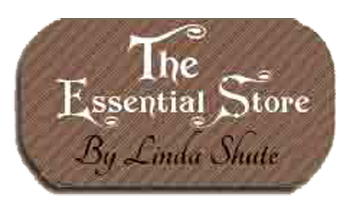
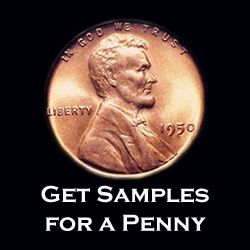

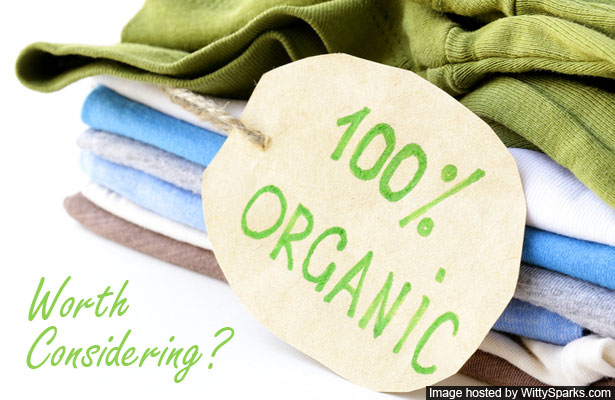
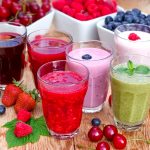
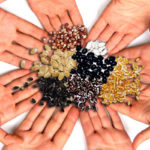
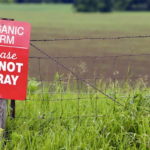
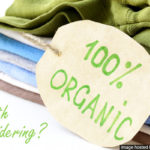

Leave a reply